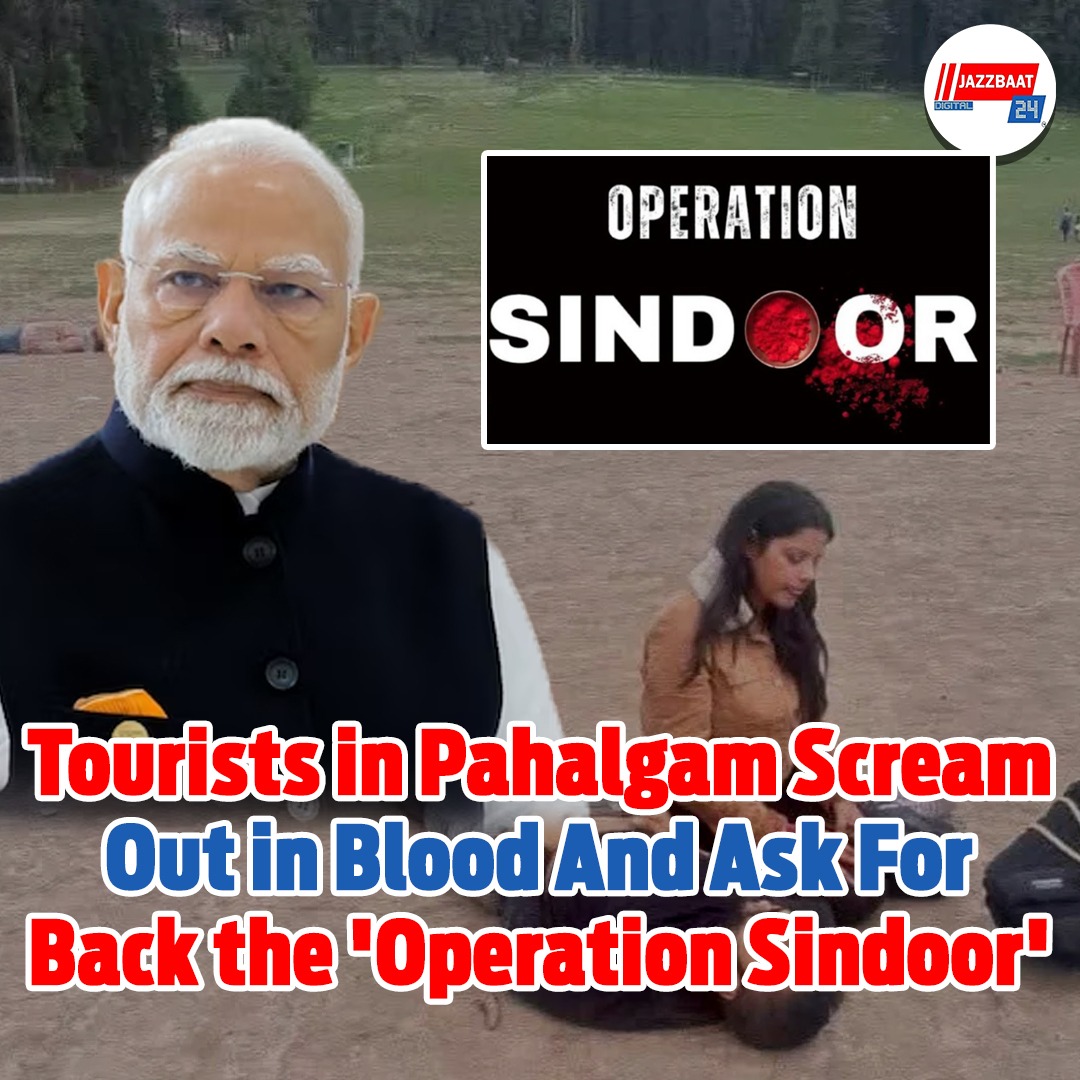
Pahalgam, the face of Kashmir's beauty and serenity, recently saw a bloody episode, which not only challenged the peace of the valley, but also cast new doubts about the security and diplomatic equation of the entire nation. In the terrorist attack that took place in the Baisaran Valley of Pahalgam at the end of April, militants brutally shot dead Hindu tourists. 26 people were killed in the attack, more than 20 others were injured. Their only crime was that they had come to Kashmir from another state on a trip, and in the eyes of the terrorists, they were "of a different religion".
This incident has not only generated anger and sorrow, but also a new question of resistance. Just as in the 2019 Balakot attack, when India attacked terror camps in Pakistan-occupied Kashmir, a large segment of the public and tourists are calling for a similar reaction. Only a few days following the attack, the Indian Army conducted airstrikes and drone attacks on nine terror camps in Pakistan and Pakistan-occupied Kashmir, which has been dubbed again as a repeat of Operation Sindoor.
Despite the Pahalgam incident, an unusual courage has been observed among the tourists coming to Kashmir. Most of them claimed that local Kashmiris were very sympathetic and welcoming towards them. However, the generosity of hospitality might not have wiped out that blood-stained memory. As the name of an international terrorist group has now surfaced behind this incident, many tourists and common citizens opine that the state should now take an aggressive line, not only defense.
'Operation Sindoor' is not merely a military operation—it is a symbol of resistance. This is an open message to those who are violating the promise of peace in the valley and spilling blood. That is why many believe that an initiative like 'Operation Sindoor' is required once again so that the blood of the people who were killed in Pahalgam does not go waste.
But here comes the question - is such an action just a policy of revenge, or is it an obligatory measure to ensure the security of the country? In one sense, this action sends a strong message against terrorist groups, in the other sense, it raises the threat of confrontation between the two nuclear states. Therefore, any action by India in the area of diplomacy is now gaining international interest.
The bottom line is that this incident in Pahalgam is not just a terrorist attack, it is a national psychological trauma, which has brought to the fore difficult decisions like 'Operation Sindoor' yet again. This demand of the tourists is not revenge alone, but a bold message for security and the future.